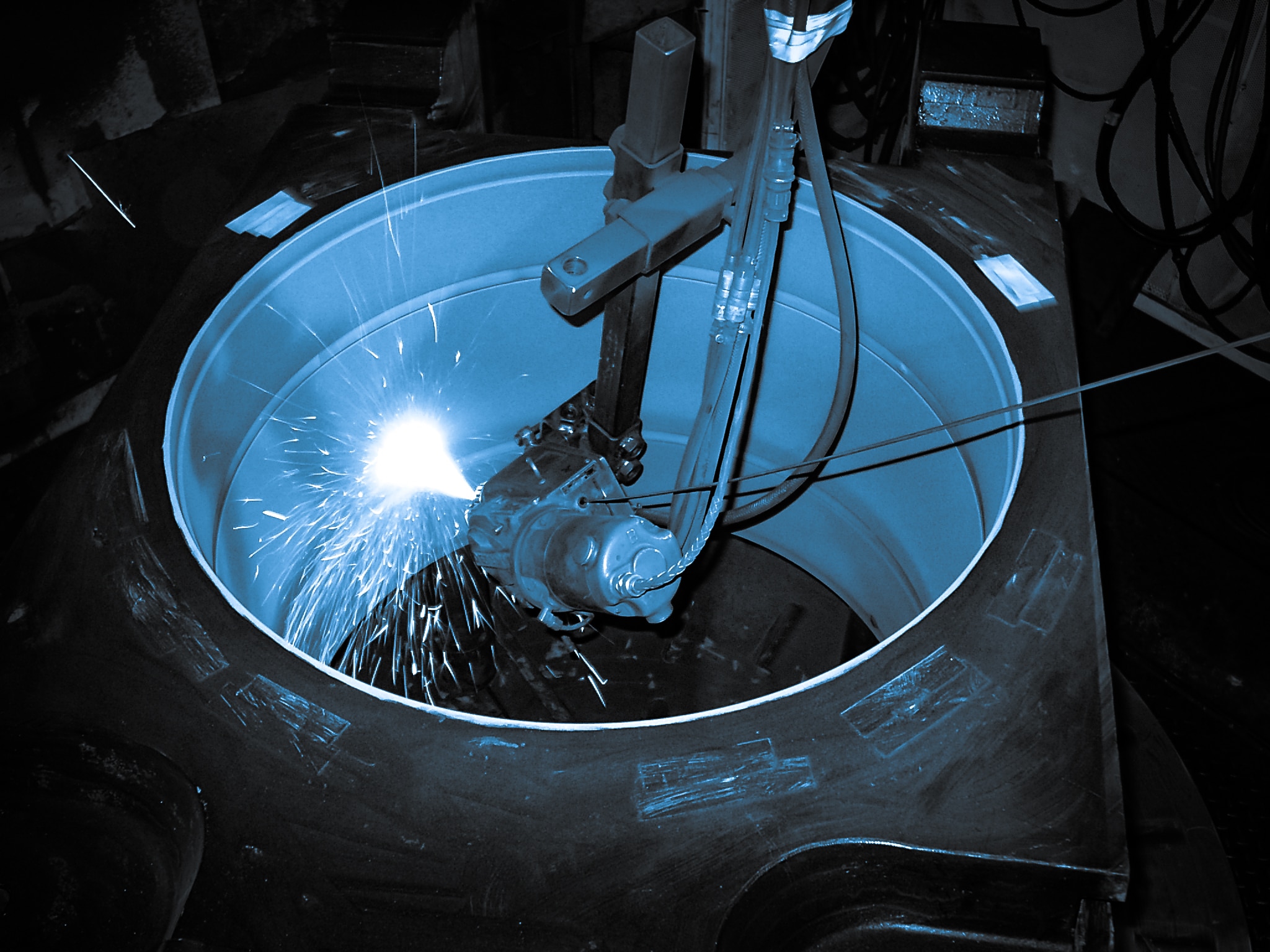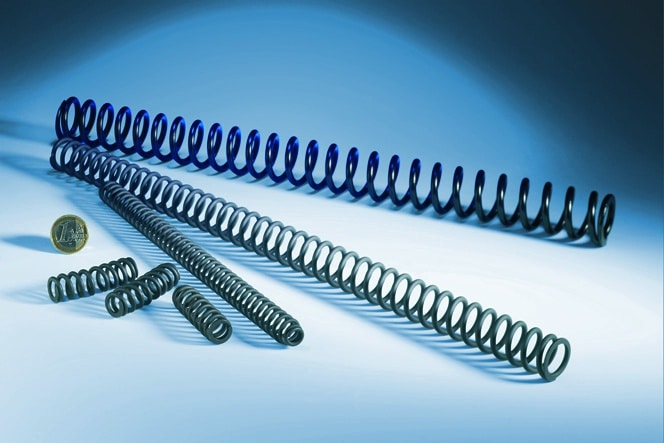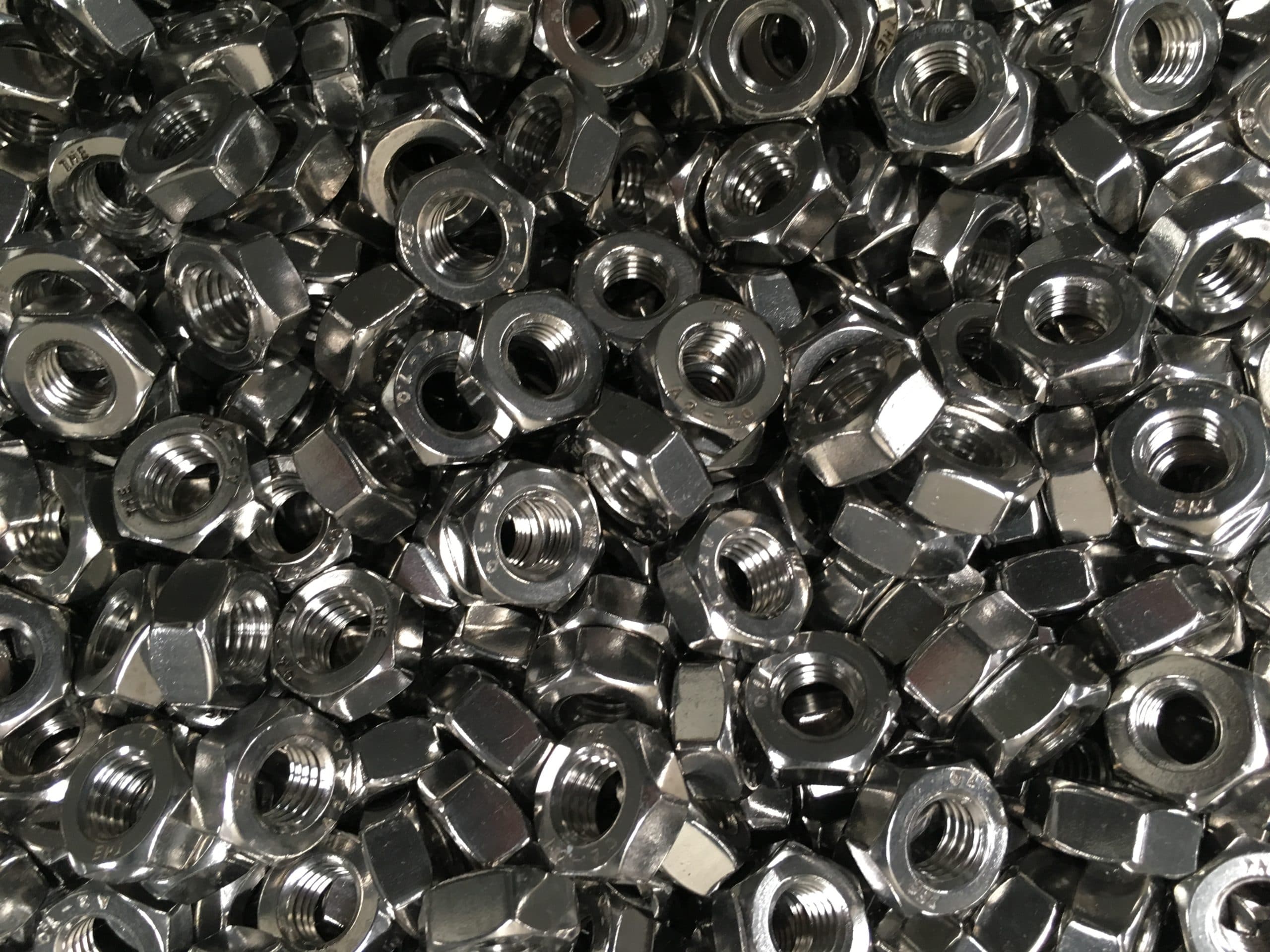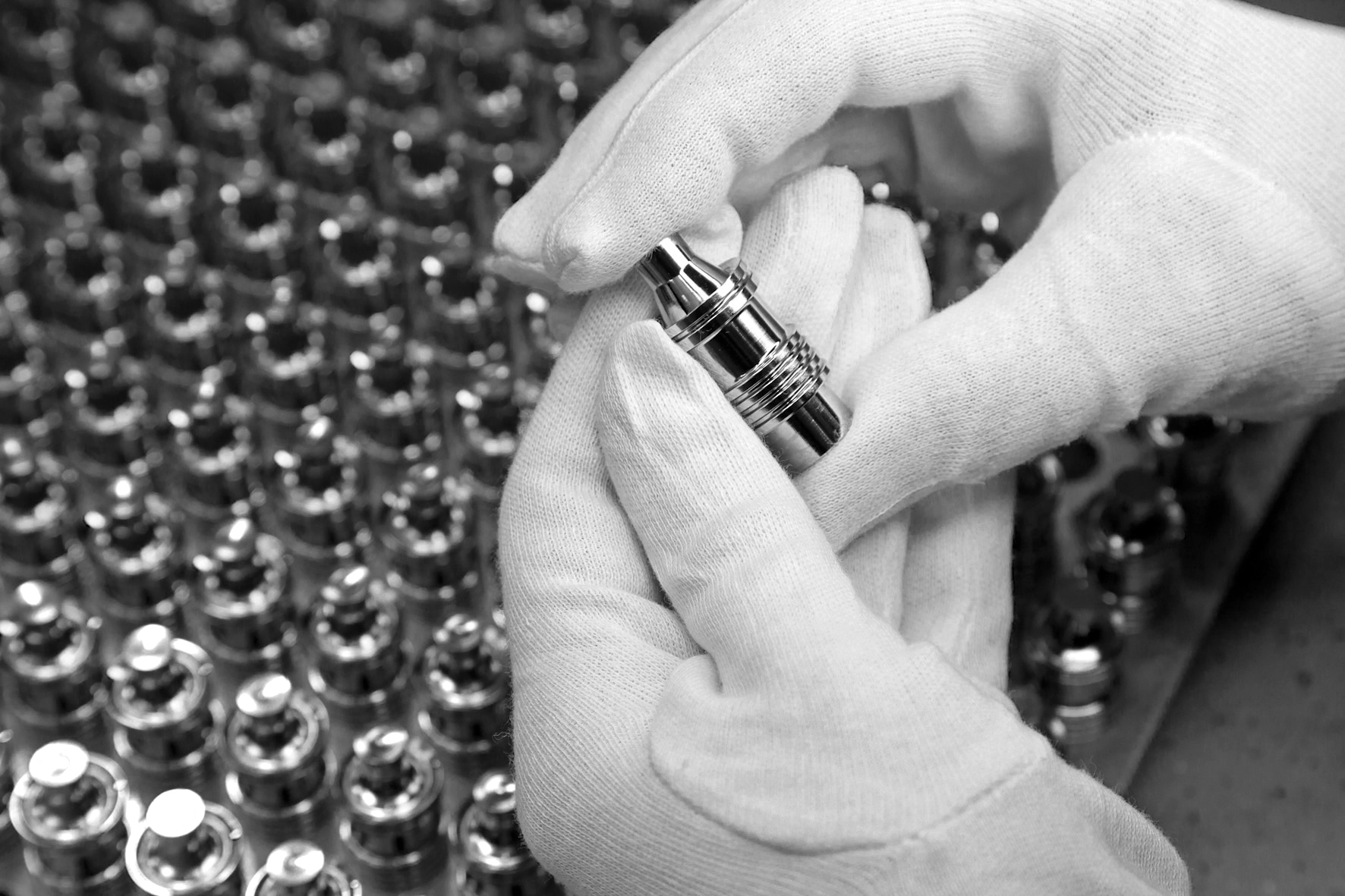nonwoven materials
excellent operational performance under any conditions - nonwoven industry
reducing maintenance and downtime through wear and tear
We’re familiar with some of the issues facing the nonwovens industry. We understand that at production speeds of 1000 m/min, even lightweight plastics and nonwovens attack the surfaces. We recognize that wear caused by SAP powder, hot-melt residues and material deposits, guides and turning bars with a high coefficient of friction can lead to production issues. And we know that adhesives sticking to vacuum drums or guides worn out by Lycra threads cause downtime. Which is why we’ve developed solutions specifically intended for the nonwoven material industry.
benefits
customized surface: true solutions
Our solutions are designed to increase the operating time of your machines, improve your processes and reduce your costs. With a chemical vapor deposition or non-stick coating, it is possible to prolong the cleaning intervals and reduce the actual cleaning time.
Our applied coatings are virtually free from pores and have a low degree of roughness (from approx. 1.0 µm). Even stubborn adhesions can be easily wiped away – without the need for extra cleaners or scrapers.
With our customer-oriented solutions and our range of suitable heat treatments, we provide surfaces that are adapted to your unique requirements. The result? Surface with superior non-stick properties and unmatched wear protection – so that you can easily tackle the growing quality and productivity requirements.
the problem: the adhesive strips you find on the bottom of sanitary towels and panty liners are applied during production. Their purpose is to keep the liners in place and to ensure maximum wearing comfort. As these strips are processed, the adhesive often sticks to the vacuum rollers.
the solution: TempCoat® polymer coating. When applied to a wear-resistant and smooth surface, the coating’s excellent non-stick properties ensure reduced downtime and cleaning times in the nonwovens industry.
the problem: during the production of nonwovens, cellulose is fed through dryer screens, which run across large rollers. The cellulose is dewatered via the dryer screens and gradually turned into a web-like material. Due to the residual moisture, however, the material will quickly stick to the rollers. Combined with high production speeds, these adhesions lead to increased wear on the roller surfaces. Additionally, there is a high risk of corrosion because of the warm and humid environment.
the solution: a special combination of PlasmaCoat® and MagnaCoat®. This ensures:
- the required mechanical stability
- excellent corrosion protection
- superior non-stick properties
- ideal barrier protection in an aggressive, warm and humid environment.
As well as significantly increasing productivity, these properties help avoid machine downtime, expensive damage and time-consuming cleaning.
the problem: during the production of nonwovens, moist webs are dried with hot air streams. Using non-contact air flotation dryers, the webs are transported through a series of air cushions at speeds of approx. 305 m/min. To achieve high-quality results, the production environment must to be impeccably clean. Another challenge is presented by the web tension: As the tension may vary when the line is started and stopped, there is a risk that moist material will stick to the nozzle surface.
the solution: PlasmaCoat® thermal spray coating. It keeps the webs from sticking and reduces the accumulation of suspended particles. PlasmaCoat® helps achieve a significant increase in productivity, avoid machine downtime, and time-consuming cleaning and maintenance work.
There is more to our premium surface technology for the nonwovens industry than meets the eye.
Not only do our heat and surface solution offer corrosion protection and non-stick properties, they also help increase the functionality and durability of your production plant by offering:
- Excellent traction properties
- First-class anti-friction properties
- Superior corrosion protection despite the presence of moisture
- Specified friction coefficients for ideal tension
Suitable processes ensure that our heat treatment or surface finishes become firmly anchored in a wide variety of base materials:
- Aluminum
- Stainless steel
- Steel
- Ceramics
- Copper
- Plastics
- Alloys
applicable processes
process locations
get in touch
Select your preferred process location or contact us directly.



